Some people think that growing a beard is difficult and boring. There are many myths about stimulating your facial hair follicles, but there is no magic cure for thickening your facial hair.
Contrary to popular belief, shaving does not cause facial hair to grow thicker. This is because shaving does not affect the root of your hair under the skin or how your hair grows.
Another widespread myth is that men with more massive beards have higher testosterone levels than those with thinner beards. Although testosterone contributes to the development of facial hair, this is rarely the cause of sparse facial hair growth. Men's beards vary from each other as do the texture and shape of their head hairstyles.
This article will look at the five most likely explanations for your beard growth difficulties . In addition, some strategies to maximize your growth will also be discussed.
- Genetics: Your genetics play an important role in determining the size of your beard. You will probably be able to grow a full beard if your father and grandparents also have it. A class of hormones called androgens are responsible for male characteristics such as a deep voice and the ability to grow facial hair. The androgen hormone testosterone is changed to the hormone dihydrotestosterone by the 5-alpha reductase enzyme in your body.
- Age: Up until about age 30, men often have more facial hair coverage. Your beard will likely continue to thicken as you mature if you are in your 20s or teens.
- Ethnicity: Your facial hair growth can vary depending on your race. Compared to individuals from other places, people from Mediterranean nations can often develop large beards. Human hair can vary in diameter from 17 to 180 micrometers, which can contribute to the thickness of the beard. A beard appears fuller when the hair is thicker.
- Alopecia areata: An autoimmune disease called alopecia areata causes your body to attack your hair follicles. Your beard and head hair may begin to fall out in clumps. Alopecia areata has no known cause or treatment, although your doctor may suggest one of the following:
- Minoxidil
- Dritho-Scalp
- Creams with corticosteroids
- Cutaneous immunotherapy
- Steroids
- Corticosteroid pills
- Immunosuppressive agents used orally
- Phototherapy
- Low testosterone levels: Poor beard growth can sometimes be attributed to low testosterone. Almost no facial hair is found in individuals with deficient testosterone levels. Your testosterone levels are unlikely to affect your facial hair growth unless they are clinically low.
The central aspect that affects how thick your beard will grow is your genetics. While you can't change your genetics, leading a healthy lifestyle and eating a balanced diet can help you maximize your beard's ability to grow.
As men reach their 30s, their beards often continue to thicken. You'll probably notice that growing a beard becomes easier as you get older in your teens or early 20s. You can get a sense of what to expect from your facial hair by examining the beards of your father and grandparents.


Compartir:
What are the benefits of Beard Rollers for beard growth?
The 10 things every man's grooming kit should have